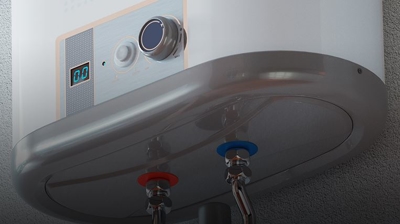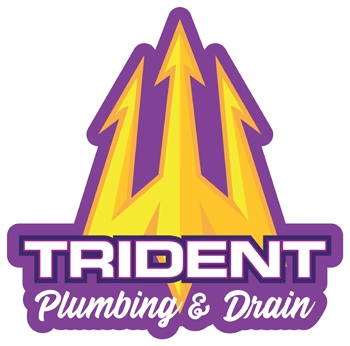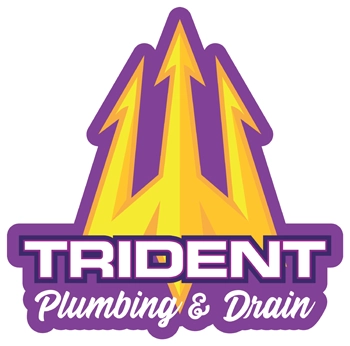
August 12, 2022
Does Your Water Heater Have an Impact on Water Quality?
Your water heater is one of the most-used appliances in your home. We all rely on hot water daily for a myriad of household tasks, from washing our hands to doing the dishes. Yet, when it comes to water heaters, we tend to focus mostly on whether the water heater is working effectively and efficiently. Less attention is paid to how it affects your water quality. However, because of the extensive and frequent use, your water heater can significantly impact the quality of the water you see coming from your faucets.
Below we review some commonly asked questions about water heaters and water quality.
Can an Old Water Heater Affect Water Quality?
Yes, an old water heater can negatively affect your water quality. As your water heater ages, parts can wear out and break. Additionally, if you have a traditional water heater with a tank, your tank may start to rust or suffer from sediment buildup. This can all affect your water’s quality.
Three main signs that your water heater is affecting your water quality:
- Your water is brown or rust-colored
- There is sediment in your water
- Your water smells bad
- Your water isn’t getting as hot as it should
But how do you know these are specifically associated with your water heater? Generally speaking, if you notice these problems only when you use hot water, the problem is likely coming from your water heater.
It is important to note that these signs do not necessarily indicate that your water is unsafe to drink. Many of the abovementioned problems are associated with hard water or high mineral content in your water. However, dangerous bacteria (namely legionella) have been known to grow in water heater tanks. This is more likely to happen with an old water heater or one in disrepair.
If you notice a reduction in your water’s quality or start to see issues like these, it is always a good idea to speak with one of our plumbers and to have your water tested to confirm that it is safe to drink.
Can Water Quality Affect a Hot Water Heater?
Now that we understand that your water heater can impact your water quality, what about the other way around? Can your water quality affect your water heater? Yes! A prime example is when hard water causes limescale buildup in your water heater. In fact, water with a high mineral content can be incredibly hard on water heaters, both tankless and conventional models.
Hard water can cause the following water heater problems:
- Clogged water lines
- Sediment in your tank
- Overheating of heating components
- Chronic repair issues
- Reduced lifespan
If you live somewhere with hard water, we recommend looking into installing a water softener at your home to help mitigate the impact it will have on your water heater and plumbing system.
What Should I Do if My Water Issue Are Not Caused by My Water Heater?
If you are struggling with water quality issues and your water heater is not the culprit, it might be time to consider installing a water filtration system. There are many different types of water filtration systems available to residential homeowners, and the one you choose will depend upon the specific water quality issues you are experiencing.
Types of residential water filtration systems:
- Water softeners
- Carbon filters
- Reverse osmosis
If you are concerned about mineral content and limescale buildup around your home, then a water softener would be a great option for you. Meanwhile, if you need help removing a wide range of contaminants, including heavy metals, chlorine, and volatile organic compounds (VOCs), you would be better off installing a carbon filter system. Finally, if you’re looking to improve the taste and cleanliness of your drinking water, a reverse osmosis system is your best bet.
Have more questions about water heaters and water quality? Give Trident Plumbing & Drain a call. We have helped countless homeowners in the Peoria area, and we can help you, too.
by RTM Design




